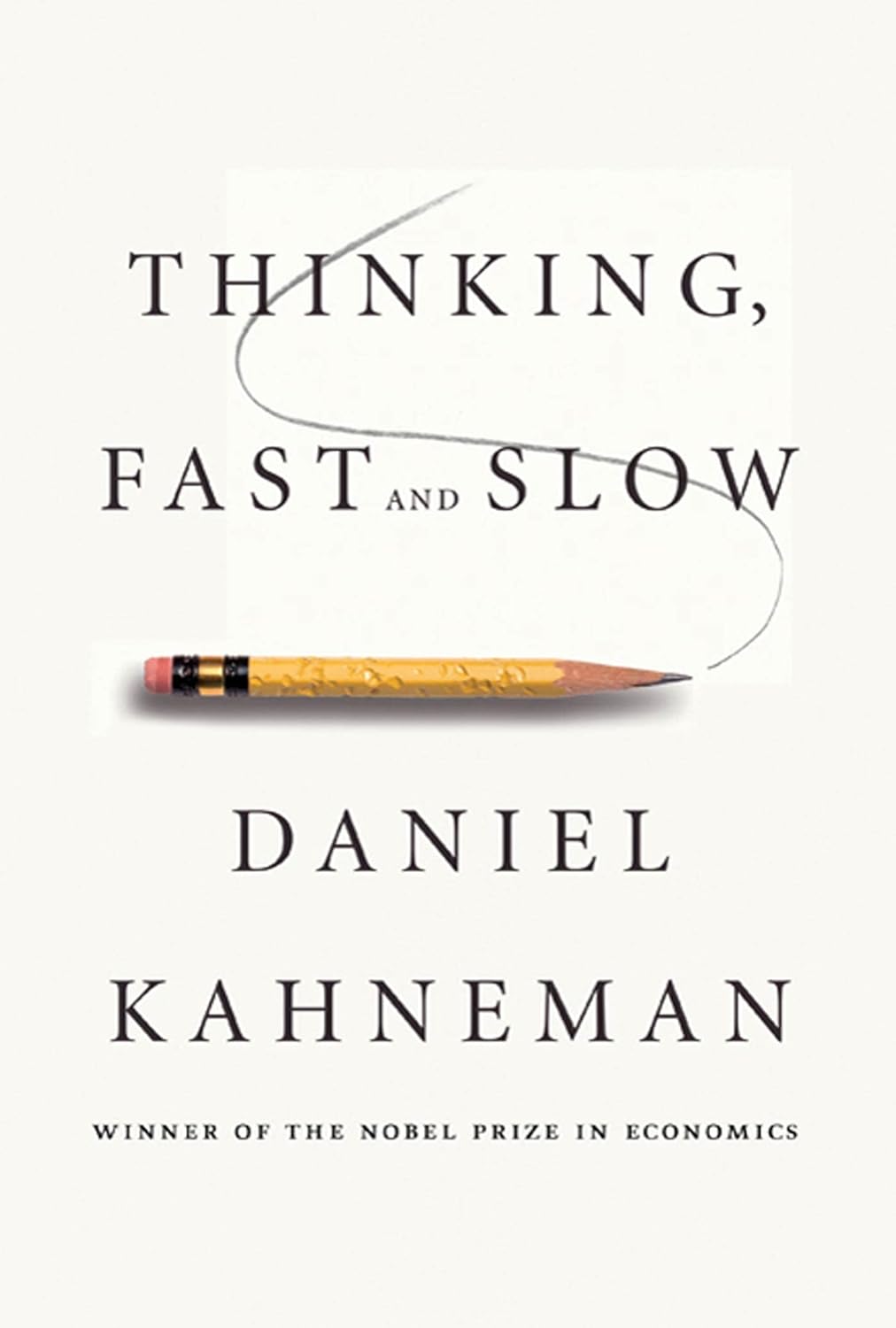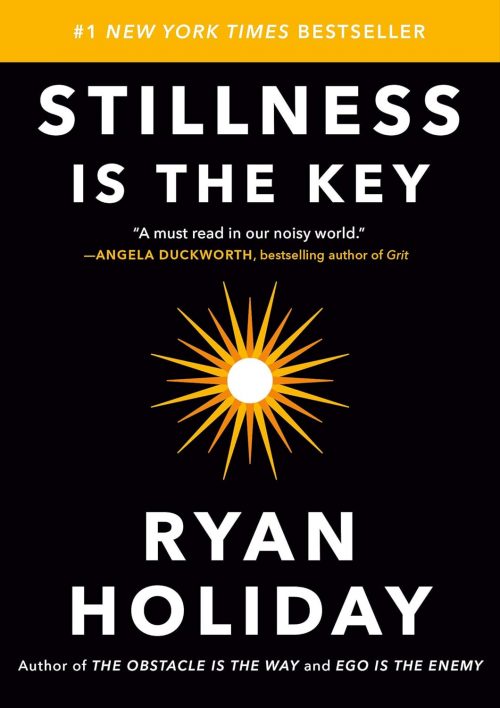Thinking, Fast and Slow
In his monumental work, “Thinking, Fast and Slow,” Daniel Kahneman, a luminary in psychological research and Nobel laureate in Economics, offers a profound analysis of the mental forces guiding human judgement and decision-making. Extending over 499 pages, this book distills decades of research into an accessible narrative that challenges our perceptions of rationality and cognition.
Kahneman introduces the dual-system theory that underscores the mechanics of thought. System 1 operates automatically, quickly, and emotionally; this is the realm of instinct and gut reactions. In contrast, System 2 is deliberate, logical, and slower, stepping in when more attention and deeper thinking are required. This framework helps unravel the complexities of human thought and the frequent discord between our quick intuitions and our considered responses.
One of the book’s core strengths is its deep dive into how these systems influence our decisions and the biases that lead us astray. Kahneman meticulously explains concepts like the anchoring effect, availability heuristic, and prospect theory, making sophisticated psychological insights comprehensible and relevant to a broad audience. Through a blend of narrative and empirical data, he illustrates how our “fast” thinking can lead to systematic errors in judgment and decision-making.
The application of these psychological insights is wide-reaching. Kahneman explores their implications in various fields, including economics, business strategy, and personal decision-making. His discussion on overconfidence in corporate strategies and the challenges in predicting future happiness are particularly compelling, offering crucial lessons on humility and the limits of human intuition.
“Thinking, Fast and Slow” is not just an academic text; it is a guide to self-reflection. Kahneman encourages readers to acknowledge the biases inherent in fast thinking and to cultivate the controlled processes of slow thinking. His practical advice on guarding against cognitive errors is invaluable, giving tools for enhanced decision-making that could be particularly beneficial in high-stakes environments.
However, the book’s depth could also be seen as a weakness. Some readers might find the detailed explanations and the abundance of psychological studies overwhelming. The pacing can be slow as Kahneman unpacks complex ideas, which might challenge those looking for a quick read.
Nonetheless, “Thinking, Fast and Slow” is a seminal work that has deservedly achieved its status as a contemporary classic. It offers a rigorous, intellectual exploration of the mind that enlightens as much as it educates, making it an invaluable read for anyone interested in the cognitive processes that shape our lives and society.
Overall, Daniel Kahneman’s “Thinking, Fast and Slow” is a must-read for those intrigued by psychology, decision-making, and behavioral economics, providing profound insights that are as practical as they are thought-provoking. This book is not merely an academic exploration; it is a compelling invitation to examine and refine our thought processes to make better decisions, both personally and professionally.









Reviews
There are no reviews yet.